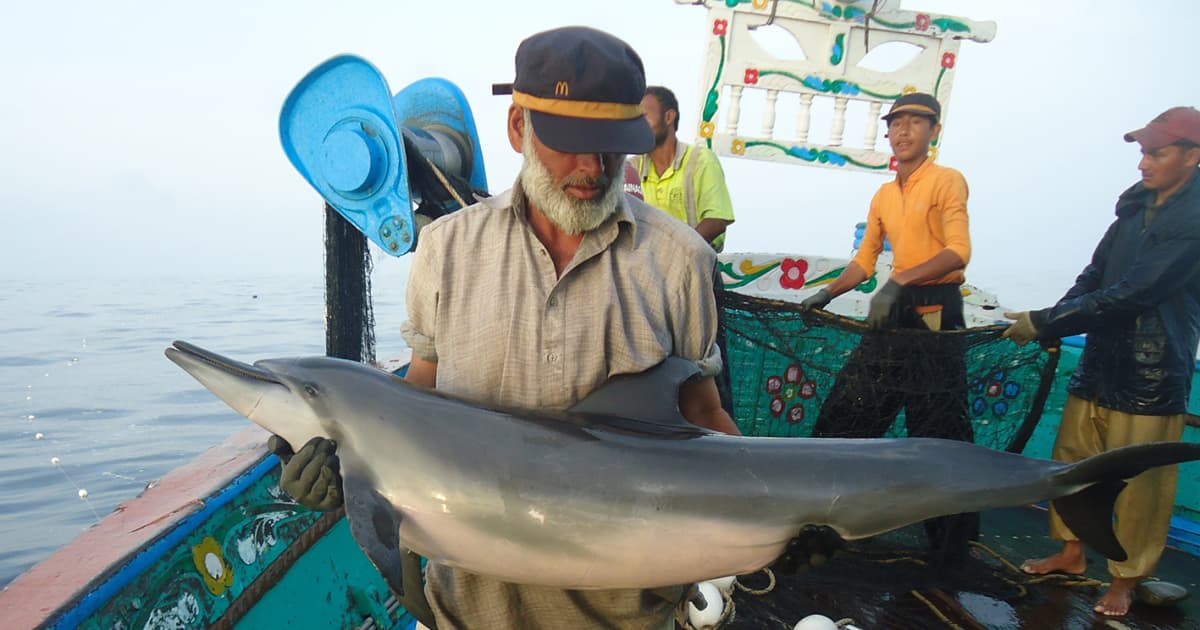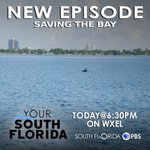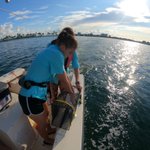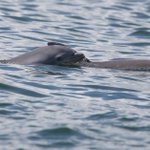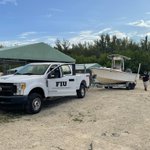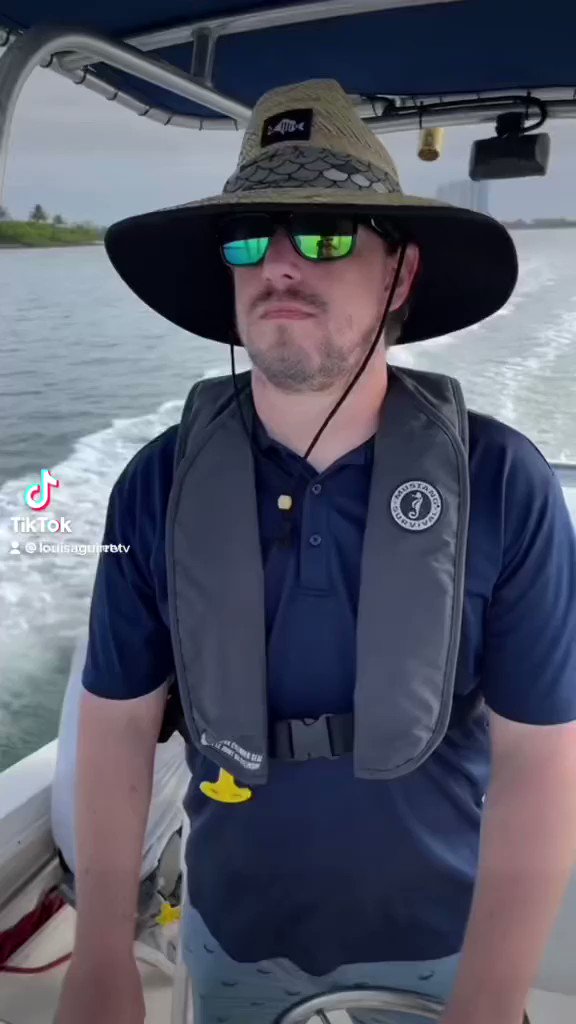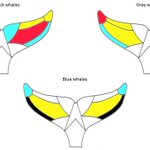Dr. Jeremy Kiszka teaches four courses at Florida International University
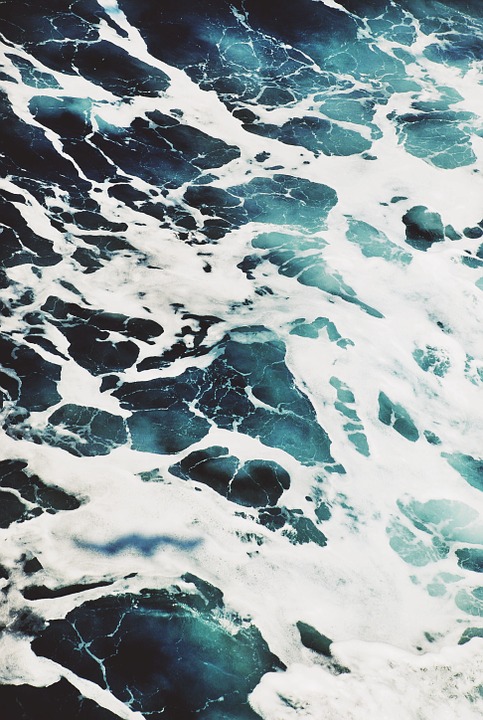
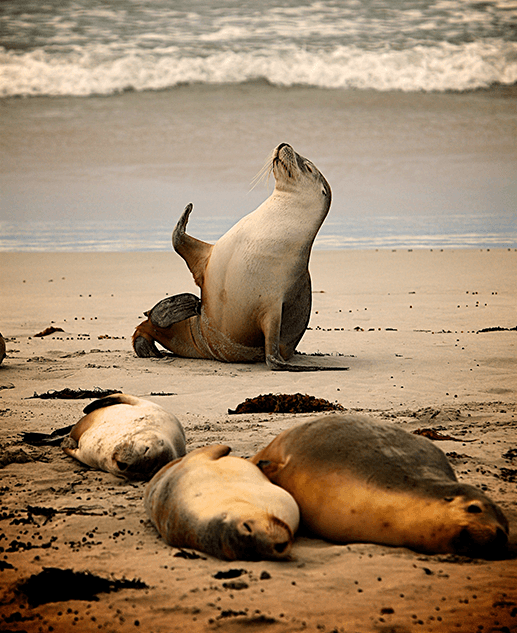
Biology of Marine Mammals
This course provides an understanding of a charismatic group of species, i.e. marine mammals (cetaceans, pinnipeds, sirenians, sea otters and polar bear), including evolutionary biology, physiology (locomotion, diving, thermoregulation, osmoregulation), ecology (foraging behavior, distribution and habitat use), conservation and management. This course is an important upper division offering for Biology and Marine Biology majors.
For Biology, it is one of the few courses that fills the Organismal Diversity category of required courses. The goals of this course are to provide a broad overview on the biology of marine mammals. Students will understand the evolution and systematics of this group as well as gain a functional knowledge of their anatomy and physiology. They will also learn about the behavior, ecology and population biology of marine mammals and understand the relevant theoretical underpinnings of these disciplines. The broader outcome of this course is to also train students to read, interpret and synthesize the scientific literature on specific topics.
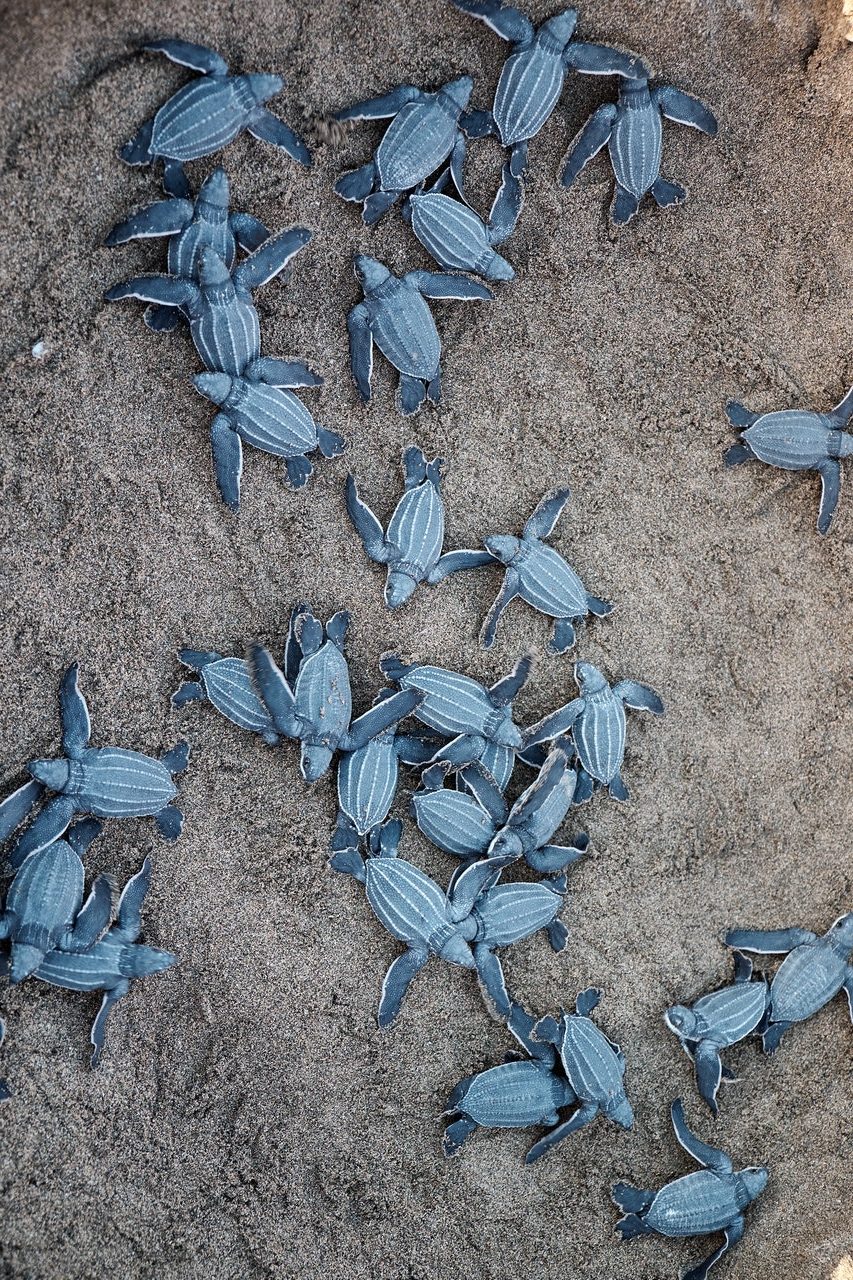
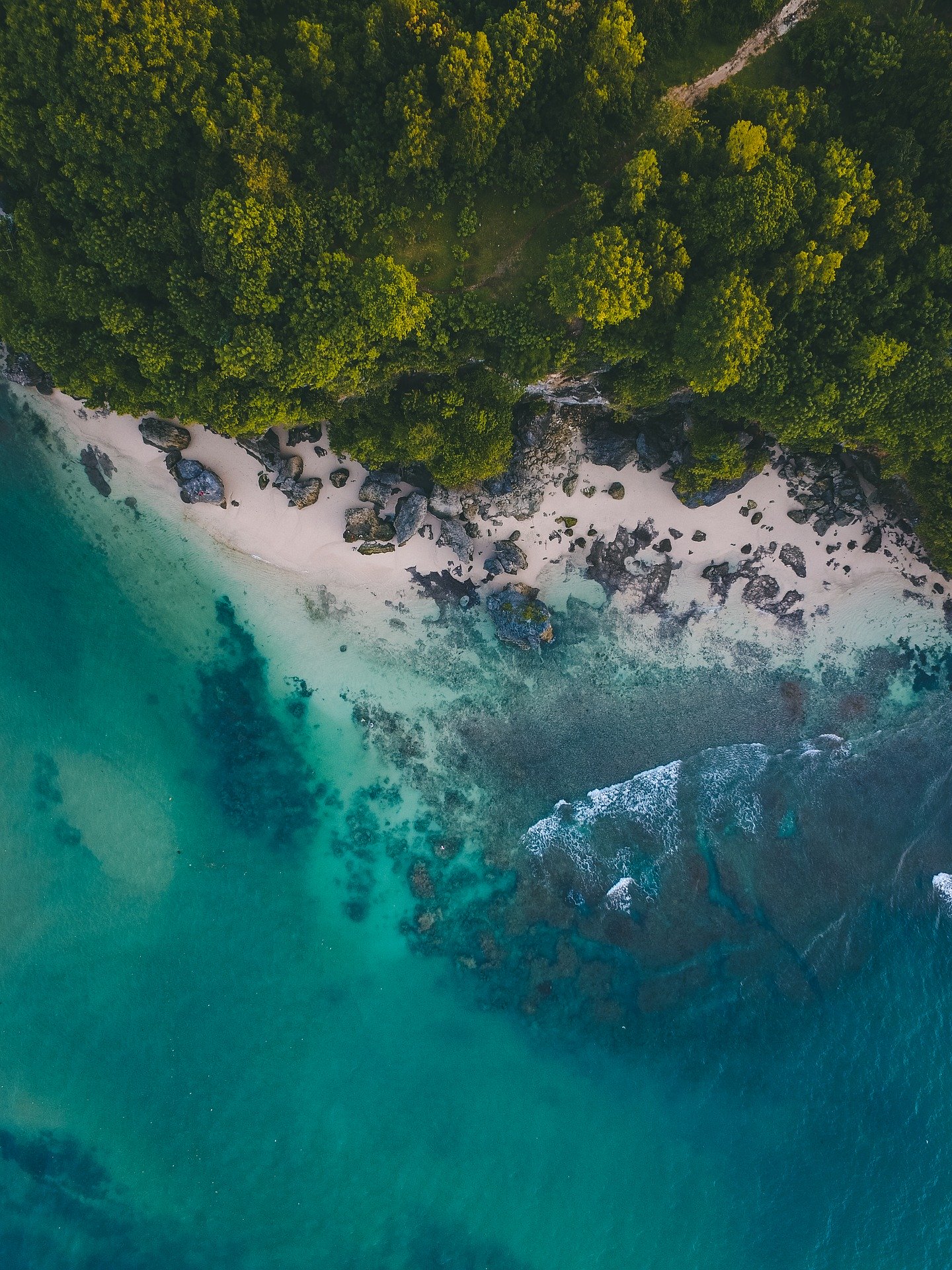
Coastal Marine Conservation
OCB4070
This course is taught by Dr. Kiszka during the Spring semester on MMC and by Dr. Demian Chapman from the Predator Ecology and Conservation Lab on BBC in the Fall.
Marine ecosystems are experiencing tremendous pressure from anthropogenic activities, including overexploitation of wildlife, coastal development, and pollution. This solution-oriented course outlines the primary threats to marine ecosystems but focuses on humankind’s emerging responses to these issues. The course objective is for students to achieve a robust working knowledge of the major legal frameworks for marine conservation at the local, national, and intergovernmental levels and an understanding of important social, economic, and engineering-based approaches to conserve marine wildlife and better protect (or restore) the habitats and ecosystems they live in. Importantly, students will explore how scientists can influence and support marine conservation and policy. The class applies all of this knowledge to conduct team projects aimed at influencing a contemporary marine conservation issue.
Coastal Marine Conservation
OCB4070
This course is taught by Dr. Kiszka during the Spring semester on MMC and by Dr. Demian Chapman from the Predator Ecology and Conservation Lab on BBC in the Fall.
Marine ecosystems are experiencing tremendous pressure from anthropogenic activities, including overexploitation of wildlife, coastal development, and pollution. This solution-oriented course outlines the primary threats to marine ecosystems but focuses on humankind’s emerging responses to these issues. The course objective is for students to achieve a robust working knowledge of the major legal frameworks for marine conservation at the local, national, and intergovernmental levels and an understanding of important social, economic, and engineering-based approaches to conserve marine wildlife and better protect (or restore) the habitats and ecosystems they live in. Importantly, students will explore how scientists can influence and support marine conservation and policy. The class applies all of this knowledge to conduct team projects aimed at influencing a contemporary marine conservation issue.


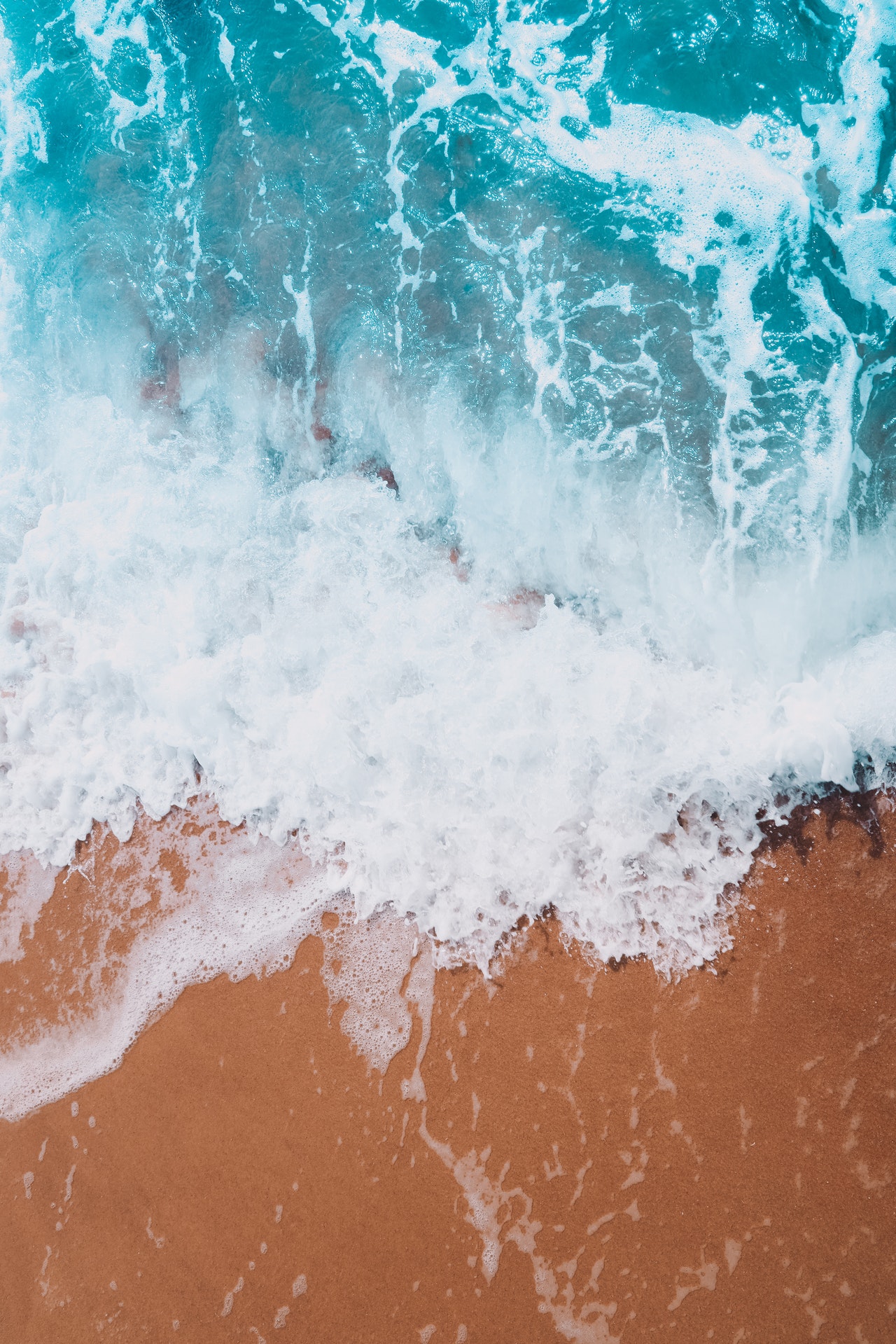
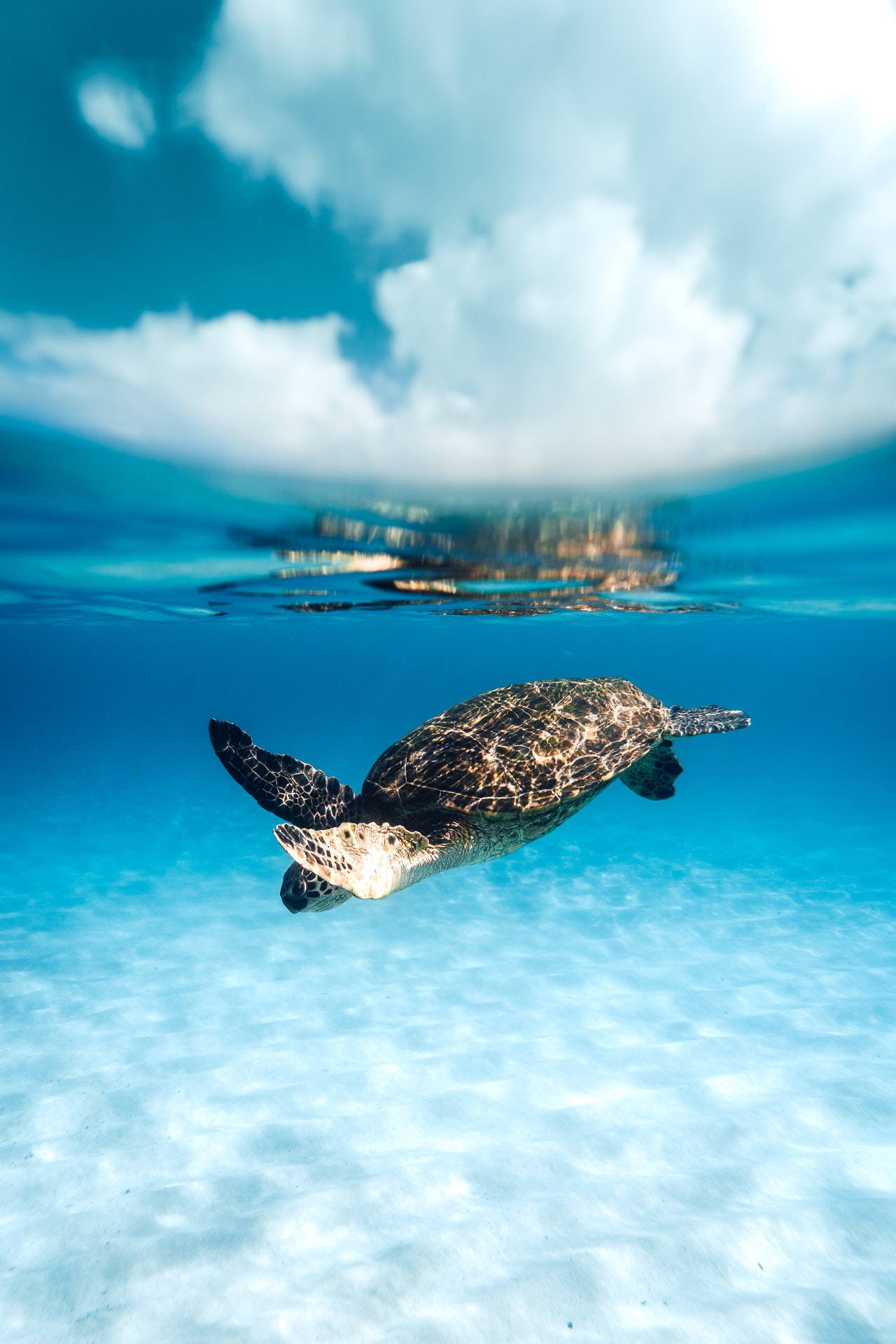
Conservation Biology in The Caribbean
BSC5935 for graduate and PCB4932 for undergraduate students
This course is taught by Dr. Cristina Gomes (Assistant Director of the FIU Tropical Conservation Institute) and Dr. Jeremy Kiszka. The TCI IRES Program seeks to provide unique high-quality research and professional development opportunities in wildlife conservation and ecology to undergraduate and graduate students. This research course is a 3-part program, which includes pre-field training, field data collection in the Caribbean (Saint Vincent and the Grenadines), and post-field training. Throughout the pre-field training course students receive 16-20hrs of coursework on research and conservation field methods, conducting field research in the Caribbean (cultural, socio-economic and logistical background), and proposal preparation. The field data collection includes 7-weeks of field work in Saint Vincent and the Grenadines. Throughout the Post-field training course students will receive 28-32hrs of coursework on science and conservation data-analyses, publication write-up, research divulgation through talks and social media and implementation of conservation projects. See flyer.
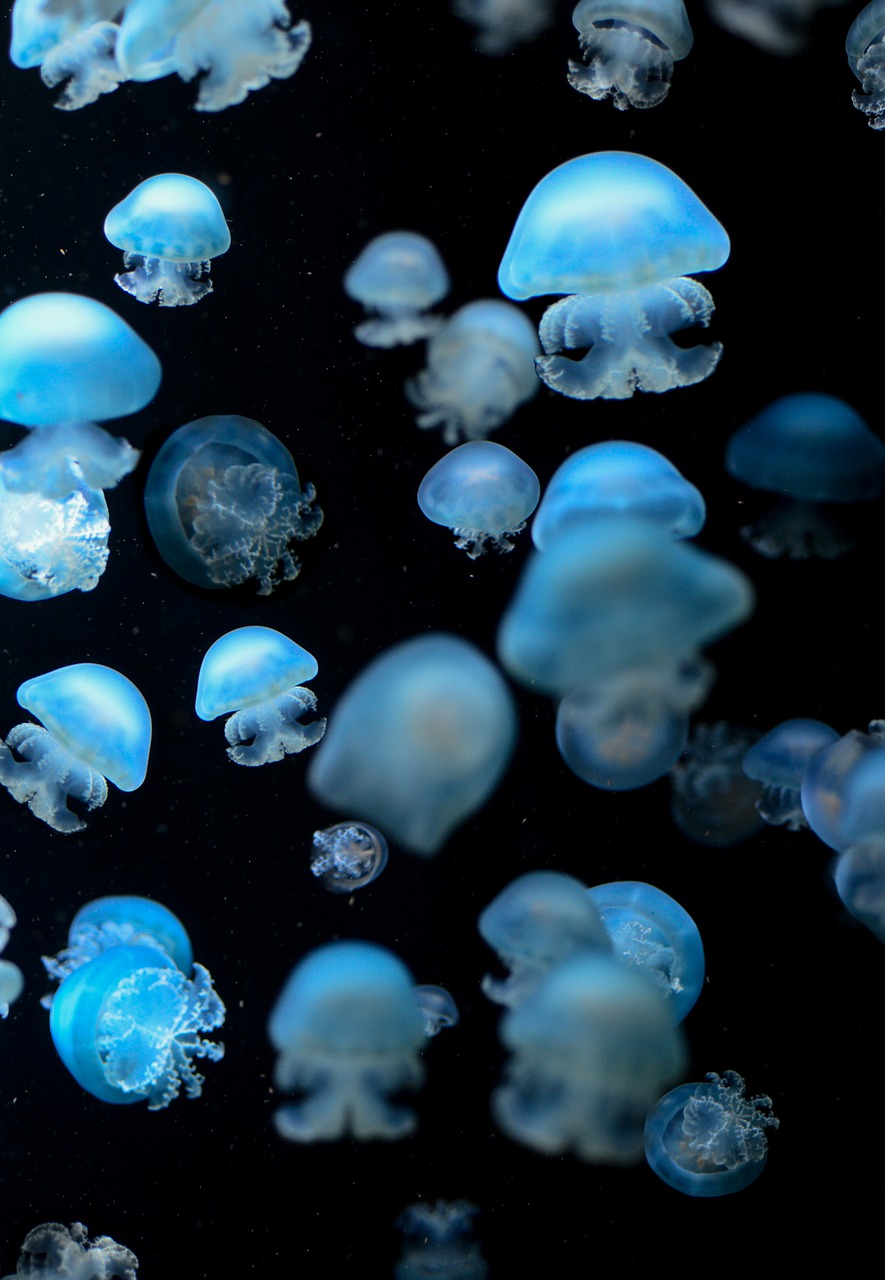
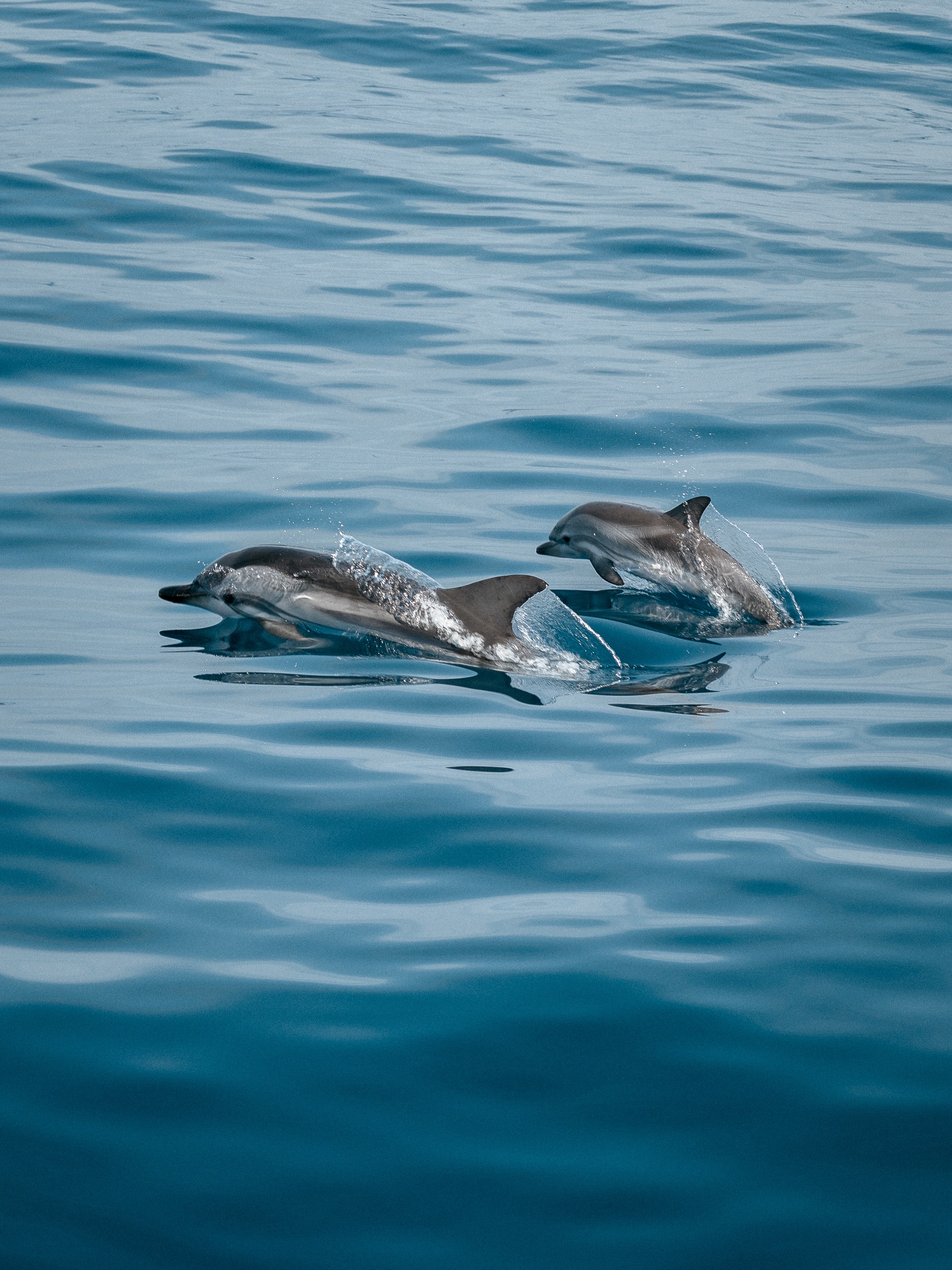
Marine Biology at FIU
OCB1930
This is a class to enthuse new freshmen about their Marine Biology major, learn about opportunities at FIU, and also begin to think about career paths. It is taught by several professors from the Marine Science Program, including Dr. Kiszka, who shares his experience working on marine mammals.
Marine Biology at FIU
OCB1930
This is a class to enthuse new freshmen about their Marine Biology major, learn about opportunities at FIU, and also begin to think about career paths. It is taught by several professors from the Marine Science Program, including Dr. Kiszka, who shares his experience working on marine mammals.


